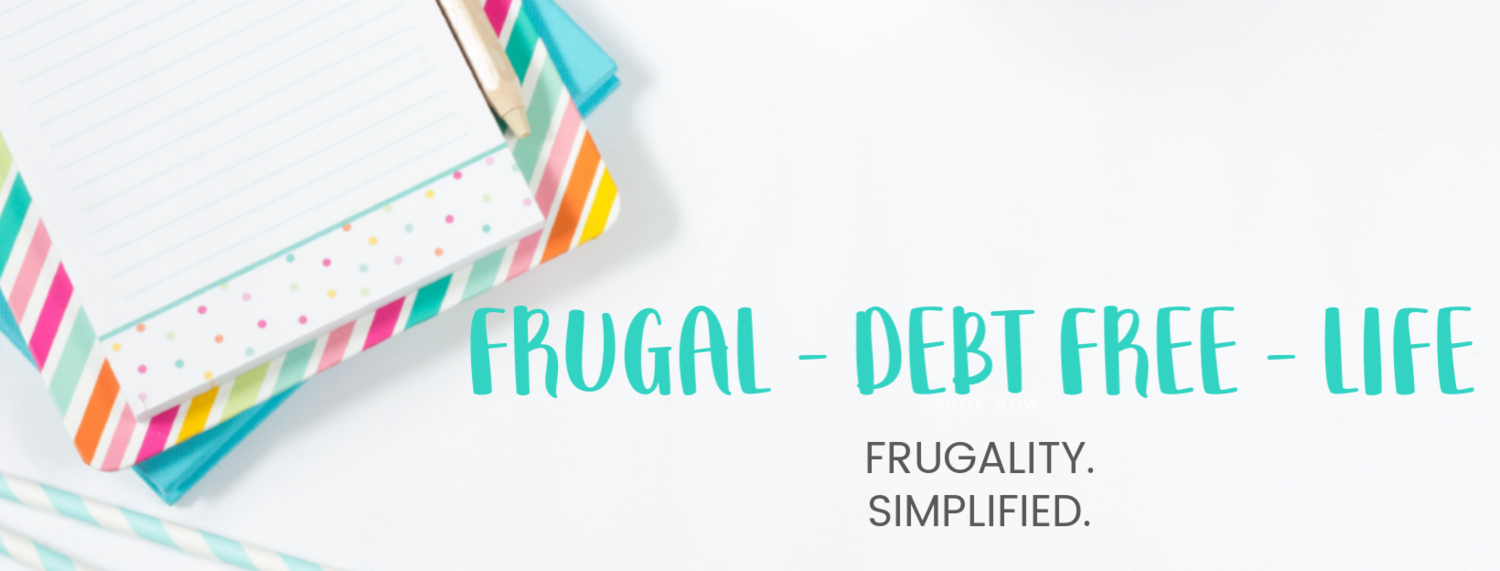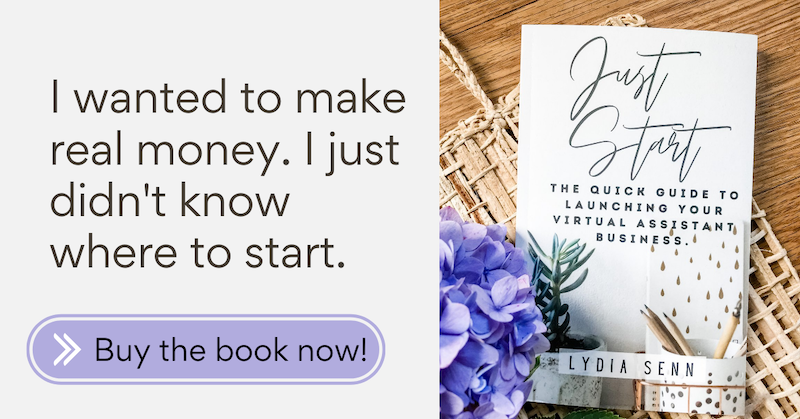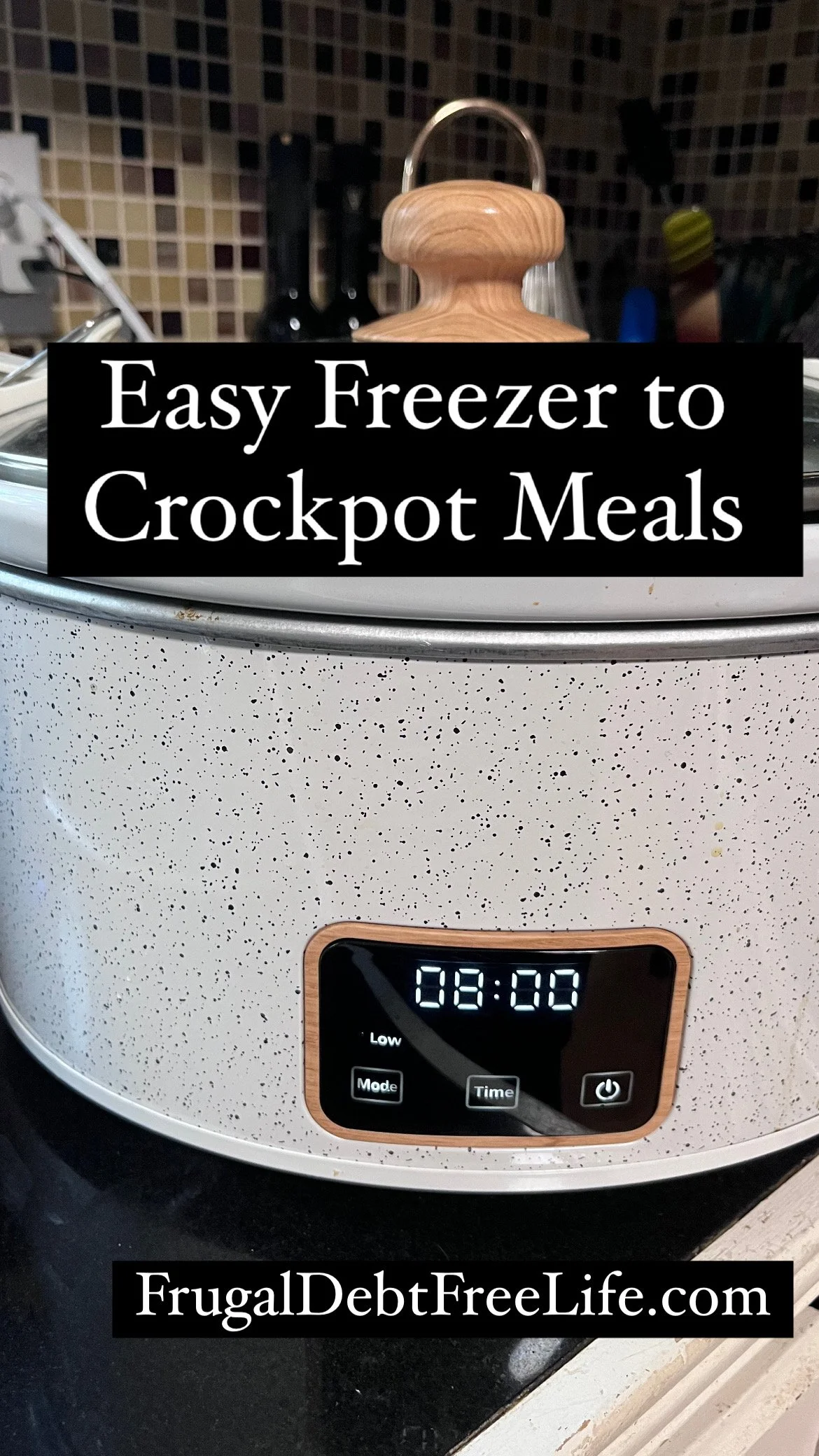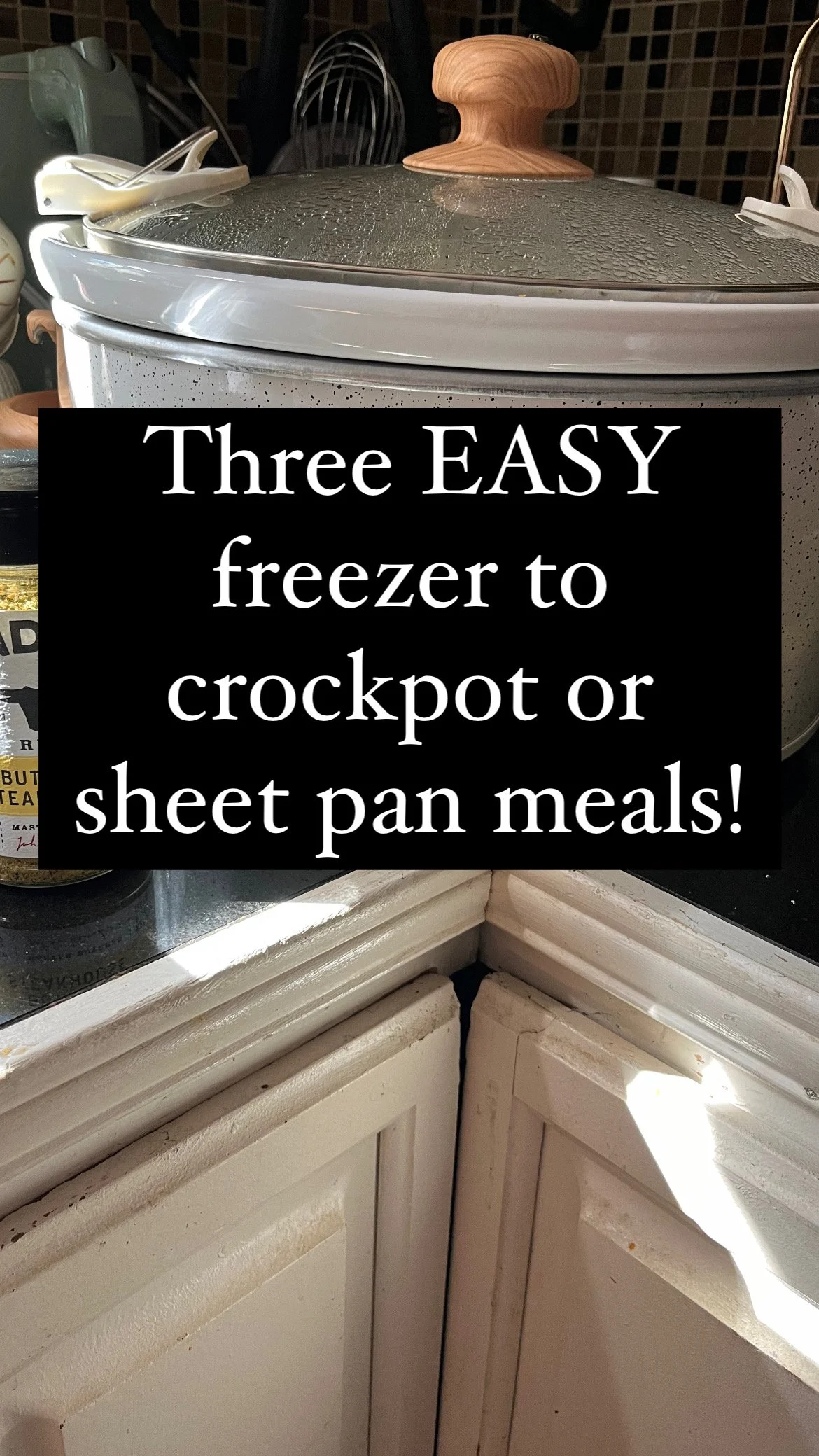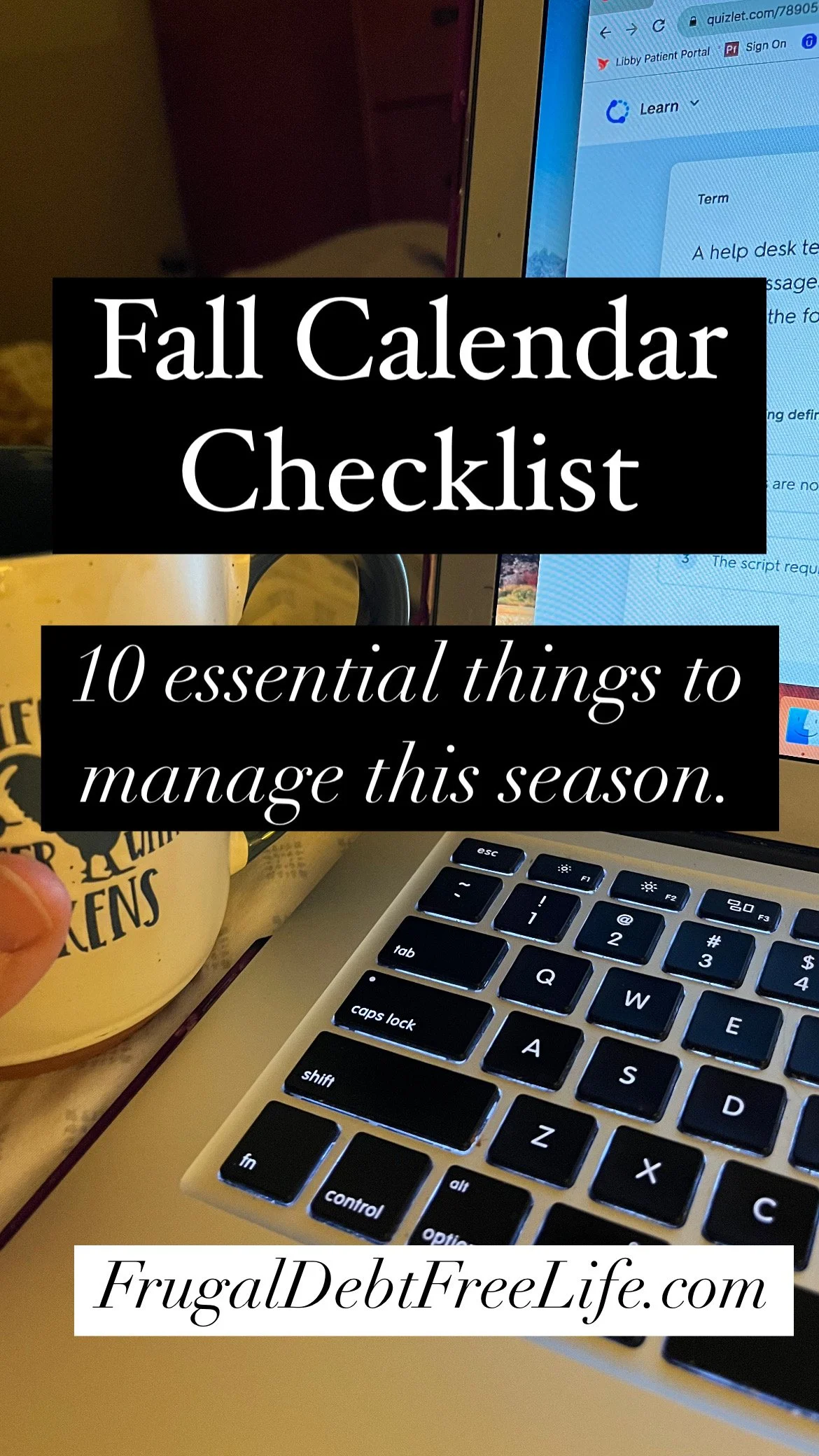4 money mistakes I regret and how you can avoid them
/This is a conversation that we need to be having more of because pretending like we're perfect little money angels doesn't help anyone.
1. Buying a house when I didn't have adequate savings.
After Jason and I got married, we were living in Atlanta. And at the time, the rent in Atlanta was very reasonable. You could get a really nice two-bedroom, two-bath apartment for $750/month, in a nice neighborhood, in a gated apartment complex.
But you could also very easily get a mortgage and have a house payment that was right about the same price. So you get a ton more house for the same amount of money.
If you're laughing at me because you already see my flawed logic, yes, I know now. I wish I had known when I was 23.
We did not have an emergency fund. We did not have 3-6 months of living expenses. I don't even think we had $10,000 in the bank when we bought our house.
Why did anyone write us a mortgage? Who lent us this money?!!!!
Obviously — you know when you buy a house — anything that breaks is your responsibility. You have to fix it. And if you don't have the money to fix it, it either stays broken or you put that on credit.
So when the economy went to crap and my husband took a pay cut and I lost a job on the same day, imagine what home ownership with no savings account was like for us.
Stupidest decision ever.
I guess it would be not having an emergency fund would be my biggest regret, but also bringing a home that I was responsible for into that mix. And then having to figure out how to get rid of that home.
I still have a lot of anxiety when I think about it.
I know that I need to forgive myself and move on and let it go. I've learned a lot of lessons from that and I have helped teach people through that. But I still carry a lot of shame.
The same situation — buying a home with a very small down payment. I think we put 3% down. The recommended amount to put down is 20%. That's going to greatly reduce not only your monthly payment but the amount of interest you're going to be paying over the life of that loan. By a lot.
2. Not using credit responsibly.
Here is where I differ from a lot of people in the debt-free community: I don't think that credit cards are evil.
But personally, no, I cannot have one because it lacks accountability for me.
I have a shared bank account with my husband. If I spend a bunch of money that I don't need to be spending, it's right there in black and white where I could very easily look at it.
But a credit card just does not have that accountability for me. I don't think about it until the bill comes. I don't have an emotional connection to that money. I'm basically spending someone else's money for a limited amount of time. So I don't need to have a credit card.
There are people who have credit cards. They pay them off every single month. They use the points. I think that's great for them.
I spent years of my life not using credit responsibly. In fact, when we went to buy that house that I talked about a minute ago, our realtor pulled our information, she just looked at me and said, "You have no credit." "I've never seen this before." And yet, we still got a mortgage.
3. Thinking that I could afford something just because I can make the monthly payments on it.
We're talking about cars. We're talking about furniture. We financed so much stuff when we were first married. We were stupid and foolish. We should have gone through Financial Peace University. (In fact, from henceforth, if I know you and you're getting married, that's what you're getting as a wedding gift — Financial Peace University.)
We thought, "We need a new couch. Let's go to Rooms To Go. We can get it for $98 a month.” If I could go back and talk to that girl, I would probably just smack her a few times.
Being able to afford something and being able to make monthly payments on something are two entirely different things. You can afford something when you have the money set aside for it and you can pay cash. Making monthly payments means you are taking away money from your future self, from your savings account, and from your goals.
4. Not tracking my spending.
I still struggle with this sometimes because I just get into auto-pilot and I get lazy. But tracking your spending is really, really important. Seeing where your money is going every single month not only keeps you accountable in the moment ("If I spend $65 of my grocery budget at Target." Not a great idea.), but it also helps you stay on track, so you know exactly where your money is going, exactly where your budget is leaking, and where you can improve upon things.
I would love to know some areas where you have made financial mistakes. Also, are you like me and you just carry around some of that shame? I'm very quick to forgive other people's mistakes. It is harder sometimes to forgive my own. I don't know why that is. It's been years. It's been a decade. I've lived an entire life since then. It's time to just let it go and move on.
Everyone makes mistakes. It's important though that we move past them, that we don't live in them, and that we don't continue to repeat them over and over again.
A mistake can easily become a habit, and then that habit can become bondage. I don't want to live in that and I don't want you to live in that either.
